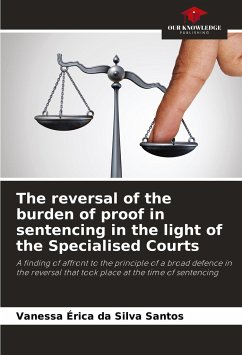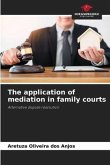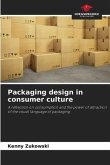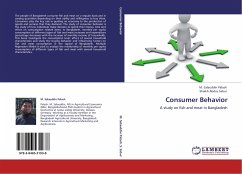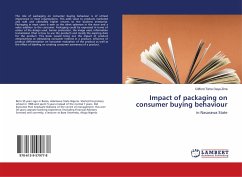The main purpose of this research is to study the most appropriate procedural moment for the application of the reversal of the burden of proof, set out in art. More specifically, it seeks to ascertain when the inversion of the burden of proof would be correctly applied, so that it does not become an instrument that violates the principle of broad defence and may not meet its objective, which is to promote isonomy, i.e. the equality of the poles in the consumerist legal relationship, given that depending on the procedural moment applied, it may generate an unlevelling of the poles of the procedural relationship. In addition, the research technique used for this study is direct and indirect documentation, which demonstrates the practical applicability of the institute studied here, based on the analysis of decisions in the 2nd Mixed Special Court in the city of Sousa-PB, as well as the application of a questionnaire answered by the magistrate who acts in it, addressing the application of this institute in her decisions, verifying that the institute is often applied in the sentence and that the magistrate herself recognised that the timing of the sentence is not ideal.
Bitte wählen Sie Ihr Anliegen aus.
Rechnungen
Retourenschein anfordern
Bestellstatus
Storno

